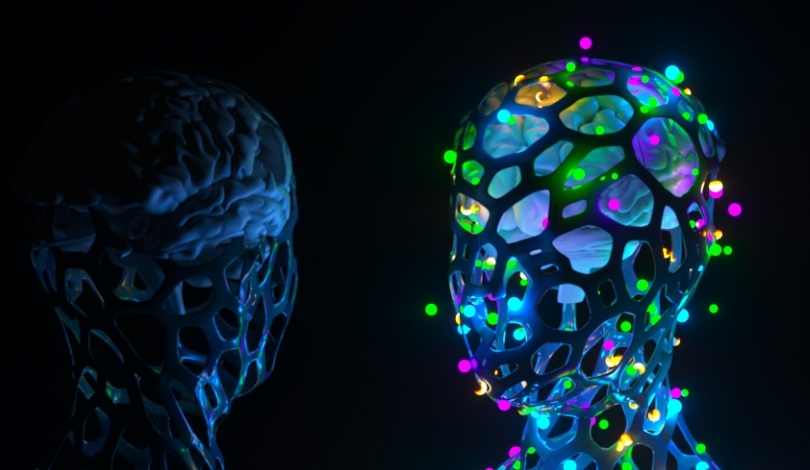Elon Musk has relaunched his lawsuit against OpenAI, alleging new accusations against its founders, Sam Altman and Greg Brockman. Musk asserts that the founders misled him about the non-profit nature of OpenAI to secure his involvement and resources. The lawsuit not only seeks damages but also punitive measures against the company, raising significant concerns about its ethical practices and future direction, especially during a period of growing scrutiny on AI technologies.
Musk had previously dropped a similar lawsuit in June. This renewed action intensifies his claims, pointing to what he describes as a conspiracy to use the company’s resources for profit, contrary to its initial mission. Earlier news reports had highlighted Musk’s concerns about OpenAI’s profit-driven shift, but the new lawsuit includes allegations of federal racketeering violations.
Allegations of Deception
Musk’s legal team accuses Altman and Brockman of manipulating him into co-founding OpenAI under false pretenses. According to the lawsuit, promises about the company’s safety and transparency were used as a “hook for Altman’s long con.” Musk claims that these assurances led him to invest heavily and recruit top talent, only for the company to pivot towards profit-making, thereby undermining its original mission.
The legal complaint also details accusations of self-dealing and conflicts of interest by the founders, which Musk argues compromised OpenAI’s founding principles. Reports of withheld technology and a compromised Board of Directors further exacerbate ethical concerns surrounding the company’s operations.
Implications for AI Development
The lawsuit also targets OpenAI’s partnership with Microsoft, alleging that the contract includes a clause that could revoke Microsoft’s rights to OpenAI’s technology once artificial general intelligence (AGI) is achieved. If proven true, this could have significant implications for AI development and corporate partnerships in the tech industry.
OpenAI has responded by asserting that its transition to a “capped-profit” model was necessary to secure the funding needed for ambitious AI research and development goals. The company maintains its commitment to responsible and beneficial AI development.
Similar lawsuits and disputes in the tech industry have often led to increased scrutiny and tighter regulations. Earlier allegations against OpenAI had mainly centered on its shift from non-profit to for-profit status, but Musk’s renewed legal action brings into question the ethical practices and future trajectory of the company. Given the gravity of the accusations and the prominence of the individuals involved, this case has the potential to set significant precedents in the realm of AI ethics and corporate governance.
As the tech community and legal experts closely monitor the proceedings, the outcome of this lawsuit could reshape the narrative around OpenAI and its evolution. The allegations, if proven true, might influence how AI companies are held accountable to their founding principles and how they navigate partnerships with larger tech entities.










